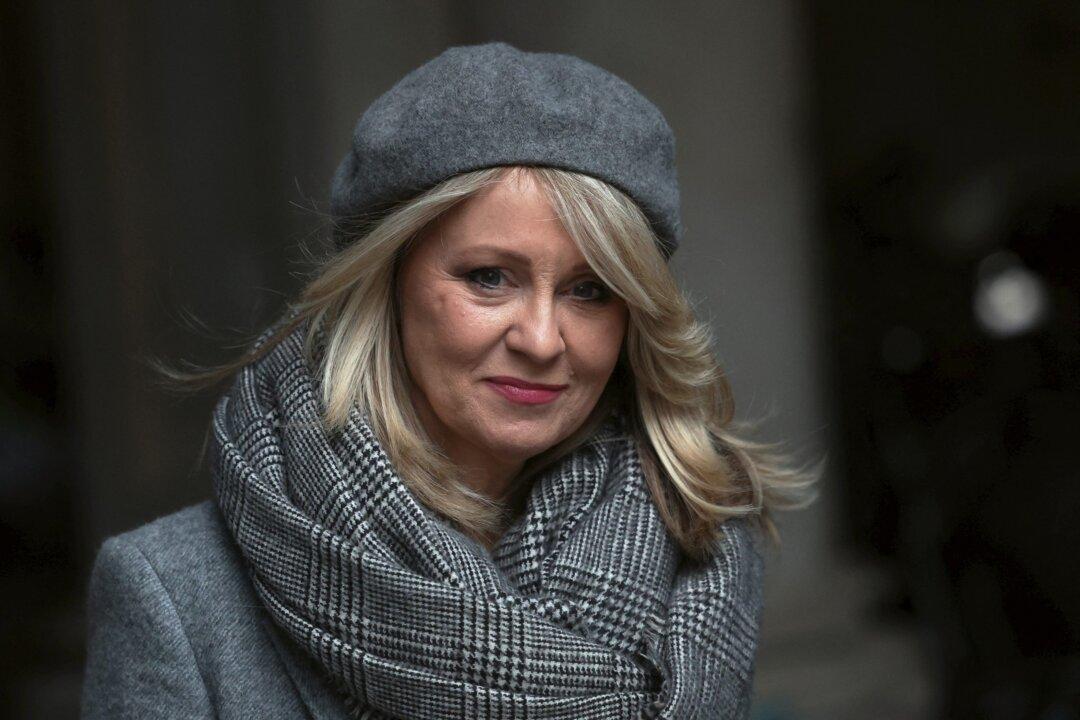The Conservative government would “never” sign away sovereignty to the World Health Organisation (WHO) or allow it to force the UK into imposing national responses to pandemics, a Cabinet minister has said.
She said while she knew Britons might be concerned that international bodies “could acquire powers to force countries to adopt measures and restrictions,” she said, “my ministerial colleagues and I would never give over any such powers to any organisation, including the World Health Organization.”
International Health Regulations
Ms. McVey made the remarks as the British government and other countries negotiate the WHO’s Pandemic Agreement and discuss draft amendments to the existing International Health Regulations (IHR).The Cabinet minister said that the UK’s continued engagement with the WHO’s Pandemic Agreement and amended IHR is to ensure the UK has access to “global information” about “emerging crises.”
“It would not mean we forfeit our independent national response to the next pandemic,” Ms. McVey said, continuing, “With our red lines for negotiations we will only sign the Pandemic Accord and strengthened International Health Regulations if it is in our national interest to do so.”
The WHO describes the IHR, last updated in 2005, as “an overarching legal framework that defines countries’ rights and obligations in handling public health events and emergencies that have the potential to cross borders.”
‘Conspiracy Theories’
On Friday, former Home Secretary Suella Braverman, who served as attorney general during the COVID-19 pandemic, issued a note of caution, writing for The Telegraph that “we must maintain a healthy scepticism of [the WHO’s] proposed ‘Pandemic Treaty’ to ensure that our Government has the freedom to depart from its advice in the future.”Last week during a speech in the plenary session of the Inter-Parliamentary Union Assembly, WHO Director-General Tedros Adhanhom Ghebreyesus blamed “conspiracy theories” and a “litany of lies” being spread about the Pandemic Agreement—“even by members of parliament, and in some cases by heads of government”—for presenting possible barriers to the measures being passed next month.
“The pandemic agreement will not give WHO any power to dictate policy to any country,” Mr. Tedros said on March 25.
He then cited Article 24, paragraph 3 of the negotiating text of the agreement, which says that “nothing“ in the agreement ”shall be interpreted as providing“ any WHO official the authority to ”direct, order, alter or otherwise prescribe the domestic laws or policies of any Party, or to mandate or otherwise impose any requirements that Parties take specific actions,” including travel bans, vaccine mandates, or lockdowns.

Mr. Tedros had repeated similar criticisms on Feb. 12—where also he described the international agreement as a “legally-binding pact”—and instead said the Pandemic Agreement was an exercise in national sovereignty.
“Far from ceding sovereignty, the agreement actually affirms national sovereignty and national responsibility in its foundational principles,” Mr. Tedros said, adding, “Indeed, the agreement is itself an exercise of sovereignty.”







